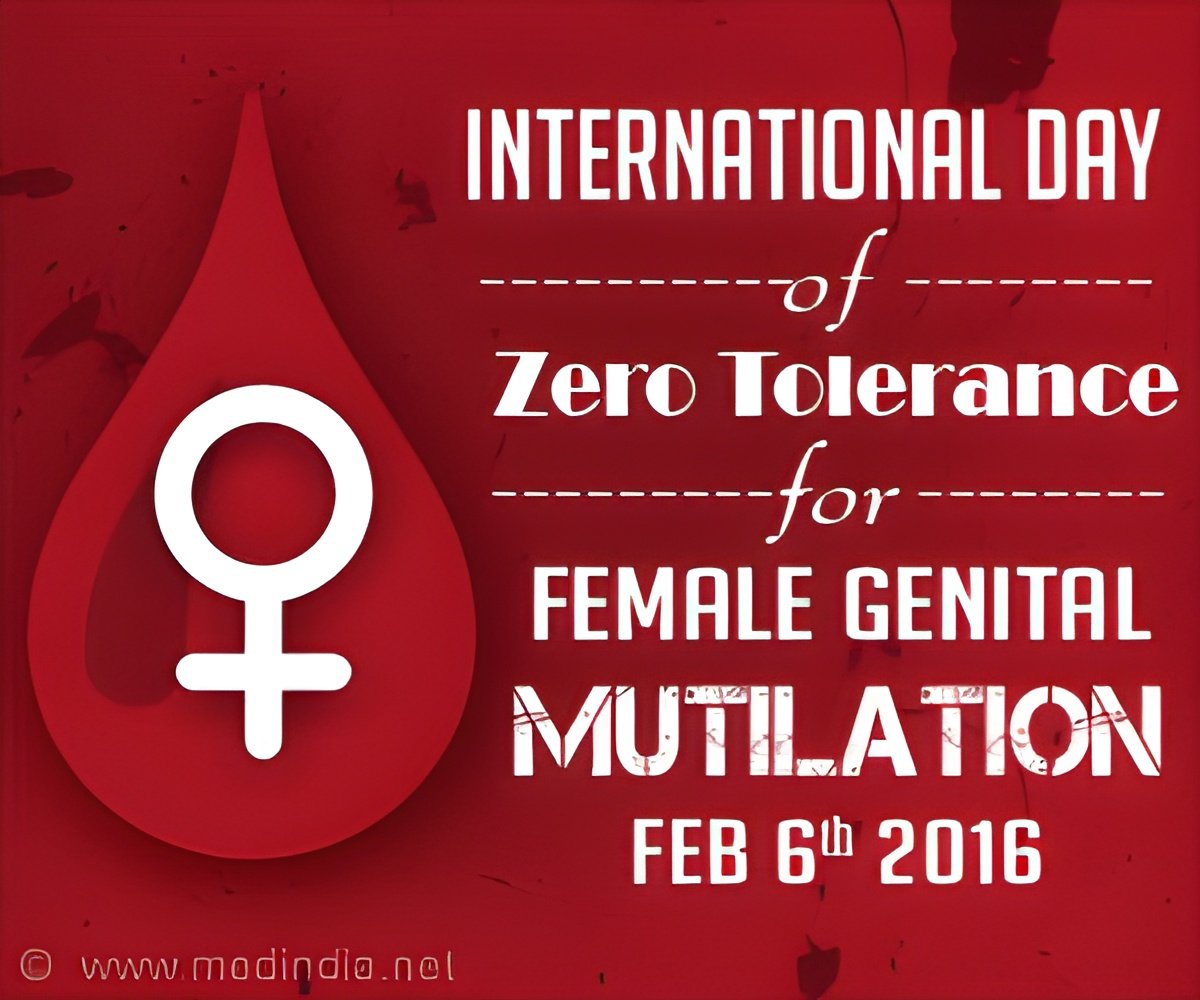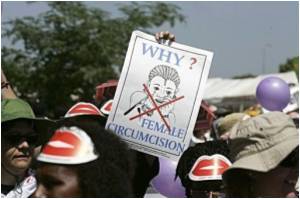The International Day of Zero Tolerance to Female Genital Mutilation raises awareness about the brutal practice and discrimination against girls and women.

Many of the females who undergo the procedure are young girls. This form of discrimination against the girls interferes with their basic human rights. The pain that they have to undergo during the circumcision is unimaginable. Several procedures are carried out in conditions that expose the girl to massive bleeding, severe infections and even tetanus. The lifelong scars on the most sensitive part of the female anatomy is a complete torture. They can cause problems with sexual intercourse, fertility and childbirth.
Female genital mutilations are done under the garb of cultural, social and sometimes even religious excuses. More often than not, they are done to prevent premarital and extramarital affairs. The pain of going through sexual intercourse dissuades the young girls from premarital sex. It is unfortunate that the culture puts the entire burden of maintaining virginity on young girls in such a cruel manner. To add to the trauma, the vaginal opening is sometimes again stitched after the delivery.
It is even more unfortunate that several of these procedures are carried out by medical practitioners, which is completely against ethical principles of the noble profession.
The UNFPA and UNICEF arms of the United Nations jointly carry out a program called Female Genital Mutilation / Cutting (FGM/C), which is currently in its second phase. This phase focuses on 17 African countries where the practice is common. The goals of this phase are to reduce the prevalence of FGM by 40 percent in girls aged 14 years or younger in at least 5 countries, and get at least one country to declare a total elimination of the practice by the end of the phase in 2017.
- The program creates awareness at the community, national, regional as well as international levels about the barbaric practice. Mere government policies are unlikely to solve the issue. Societies need to be motivated to give up the practice and remove any pressure on girls from undergoing the procedure.
- It helps to strengthen health facilities and train medical professionals to treat the problems created by the procedure.
- It encourages religious leaders to de-link the practice from religion, which could help to a large extent to stop the practice.
- It also works with the media to encourage dialogue on the issue and to change perceptions about the practice among girls who have not yet undergone any procedure.
References:
1. http://www.un.org/en/events/femalegenitalmutilationday/Source-Medindia









